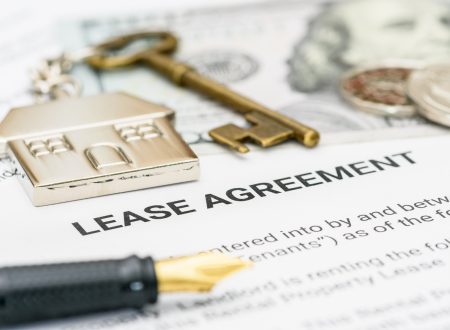One of the “many” functions of a Board of Directors for a homeowners association is to make sure each homeowner pays their dues. In a good economy, collecting homeowner dues can be difficult, and in today’s economy, collecting dues can be downright challenging. So having a good hoa collections company could make a world of difference to a Homeowners Association.
We are often asked about what can be done to minimize the rise in delinquent homeowner dues. In the context of an historic decline in the economy, collecting associations’ dues can present challenges. However, having an effective collection plan in place can help associations deal with those challenges. A plan can be the difference between success and failure. Listed below are some tips for successful collection of homeowner’s dues.
1. Have a Plan
The Board should have written guidelines for collection practices and the homeowners should be aware of the policy.
2. Quick Action is a Must
The Board should take prompt action against delinquent homeowners. The longer the board delays taking action, the harder it is to collect delinquent dues.
3. Be Flexible
In today’s economy, many homeowners may be struggling financially. In some cases, if a homeowner is cooperative, the Board may wish to work out a payment plan for the repayment of outstanding dues. However, if a homeowner is not cooperative, legal action may be required.
4. Present the Board’s Position
It must be clear to homeowners that the Board is required to act for the benefit of the association as a whole, which includes the collection of homeowner dues.
The Board has the option to file a lien, file a lawsuit or both in order to collect outstanding homeowner dues.
5. Review all Legal Options
The Board should be very familiar with homeowner covenants and restrictions before the Board takes action to collect delinquent homeowners dues.
6. Be Understanding
It is important to know that the Board has the right to make certain decisions regarding homeowners that are facing hardships. The Board should understand the difference between an owner who is facing financial difficulty and the homeowner who simply refuses to pay their homeowner association dues.
7. Seek Legal Counsel
If the Board has questions regarding collections, covenants or other areas that effect the association, the Board should seek advice from an attorney who understands homeowner associations.
Author(s)





